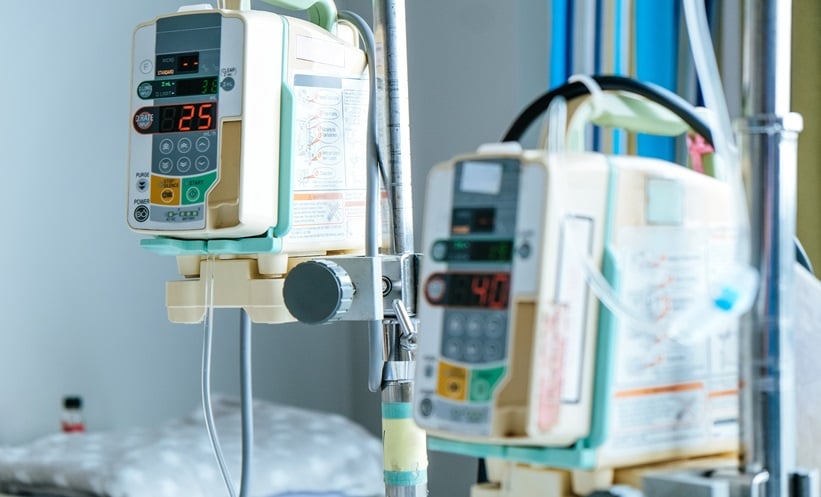SMALL cell neuroendocrine cancers (SCCs) are rare, aggressive malignancies affecting various organs, including the bladder and prostate. These cancers share a common molecular profile characterised by TP53 and RB1 inactivation and a typical pattern of initial responsiveness to platinum-based chemotherapy, followed by rapid disease progression. Their poor prognosis underscores the need for novel treatment strategies.
A recent phase 1b clinical trial explored the efficacy of combining pembrolizumab, an anti-PD-1 immunotherapy, with standard platinum-based chemotherapy. The trial involved 15 patients divided into two cohorts: stage III-IV small cell bladder cancer (SCBC) and small cell/neuroendocrine prostate cancer (NEPC). Results revealed a 43% overall response rate (ORR) for SCBC patients, with a two-year overall survival (OS) rate of 86%. NEPC patients showed a 57% ORR and a two-year OS rate of 57%. These results mark a significant improvement over the historically poor survival rates for SCCs.
Treatment was well-tolerated, with grade 3 or higher adverse events in 40% of patients and no treatment discontinuations due to toxicity. Advanced single-cell RNA and T cell receptor sequencing further highlighted a correlation between the clonal expansion of T cells and progression-free survival, offering potential biomarkers for predicting therapeutic response.
The trial’s findings demonstrate the durability of this combination therapy, particularly in SCBC patients, some of whom exhibited prolonged survival even with advanced disease. However, outcomes for NEPC patients were less robust, likely due to differences in tumour immune environments and disease stage at diagnosis.
These promising results advocate for further exploration of immunotherapy combinations in treating SCCs. Future studies aim to refine these strategies, including combining pembrolizumab with other agents and using molecular profiling to personalise treatment. Although limited by a small sample size, this trial underscores the potential of immunotherapy to improve outcomes in these challenging cancers, setting a foundation for larger, more definitive studies.
Reference
Gu Y et al. PD-1 blockade plus cisplatin-based chemotherapy in patients with small cell/neuroendocrine bladder and prostate cancers. Cell Reports Medicine. 2024;5(11):101824.








